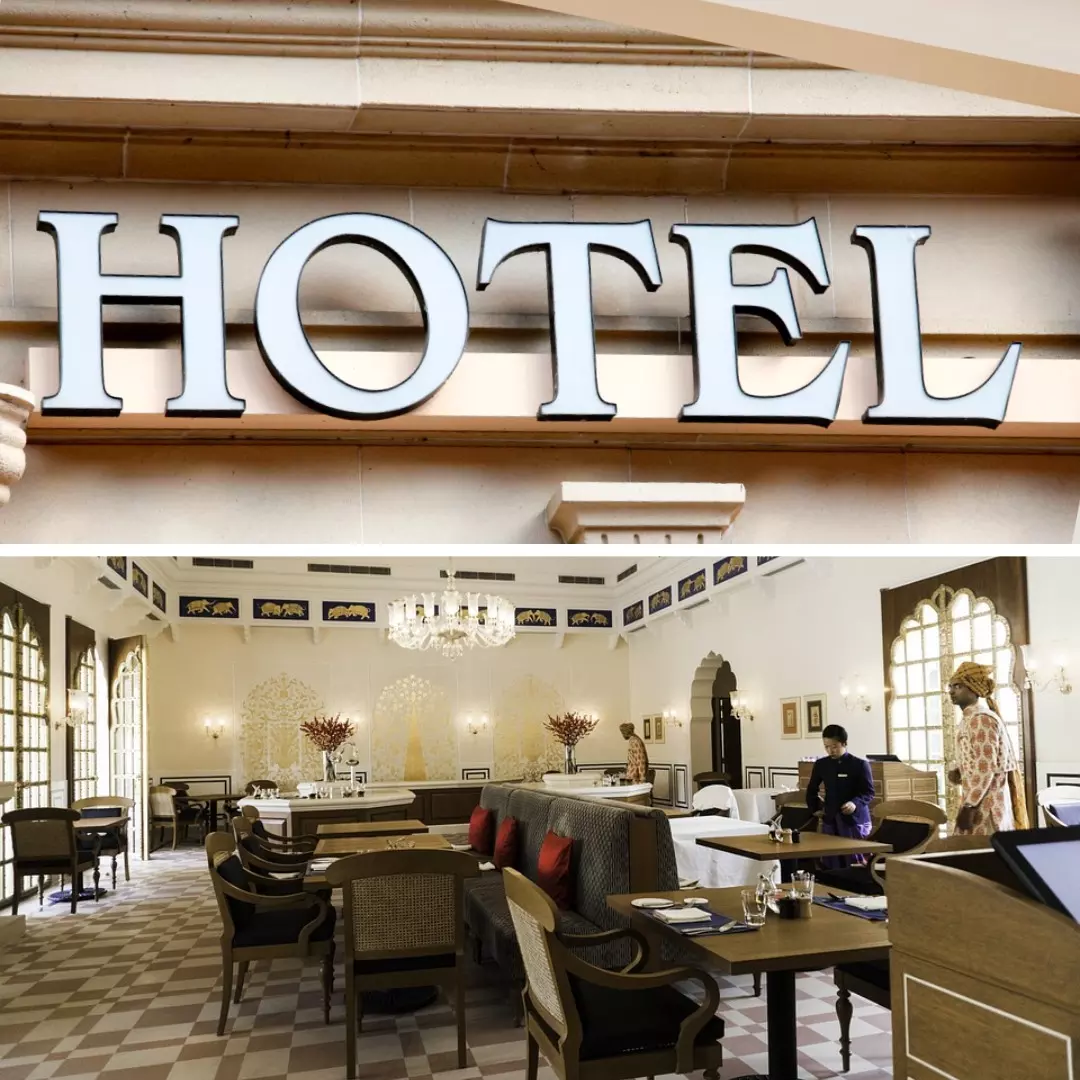
Challenges In Indian Hotel Acquisitions: Hurdles Faced In Expansion
Writer: Vakilsearch
Vakilsearch.com is the pioneer online platform that provides legal services to startups, corporates and professionals in India.
India, 9 March 2023 12:43 PM GMT
Creatives : Kishan Rao A S
He believes in the philosophy of it is not a race to win but to create his own track. He has his opinions and realizes that every day is a learning.
Leveraged assets are, as the name implies, assets with extraordinarily high expenses that have been funded by debt. It should be noted that all hotel properties in Indiaare highly leveraged.
Hotel acquisitions are becoming increasingly popular in this new day and age. However, the road to successfully acquiring and running a hotel business is fraught with challenges, keep reading to know more!
Hotel acquisition, as the name implies, refers to real estate investments that result in the acquisition, operation, and control of hotels. Many parts of property acquisition are comparable in general, but as with other specific acquisitions and their unique challenges, hotel acquisitions have their own set of issues.
The costs of due diligence to confirm good title to land, getting and renewing licenses and third-party consents required by the hotel, and any constraints contained in hotel management agreements are the major hurdles in hotel purchasing. These challenges are discussed further below.
Challenges In Indian Hotel Acquisitions
Leveraged assets are, as the name implies, assets with extraordinarily high expenses that have been funded by debt. It should be noted that all hotel properties in India are highly leveraged. Hotel assets are so valuable that acquiring them necessitates substantial capital, which can only be obtained through debt. This debt must be repaid later with money earned by the hotel business. The recovery of such costs poses a significant risk and is a significant disincentive to hotel acquisitions. This poses a significant hurdle to hotel acquisitions because debt repayment is directly related to hotel profitability. A case like the pandemic, where the hotel business suffered massive losses, is an example of why investing in a heavily leveraged asset is a risky bet.
Due diligence and acquiring licenses and third-party consent for the hotel are the second and most significant challenges in hotel acquisitions. The diversity of land laws, as well as the historical nature of land holdings and titles, present challenges. Proper due diligence in the acquisition of hotel property necessitates appropriate time and resources to confirm good title to land, which is solely the acquirer's obligation. The results of such due diligence report of a company may pose significant concerns for the acquirer when considering whether to buy or invest in the hotel property.Other key hurdles in hotel acquisitions include income and profit performance in addition to the fundraising and diligence phases. The development of the company following the purchase, its capacity to pay for the costs of due diligence, and its leveraged value are all significantly influenced by this.What Does Competition Law Mention?
In the sphere of competition law, where significant transactions are done, hotel acquisition poses obstacles. This is common with hotel acquisitions, and the combination provisions of the Competition Act, 2002 (act) will be activated. Any acquisition of control, shares, voting rights, or assets, as well as mergers and amalgamations that exceed defined jurisdictional criteria, must be disclosed to the Competition Commission of India (CCI).
Also Read: Irulars Detained Amid March To Chennai In Demand Of Caste Certificates
 All section
All section














